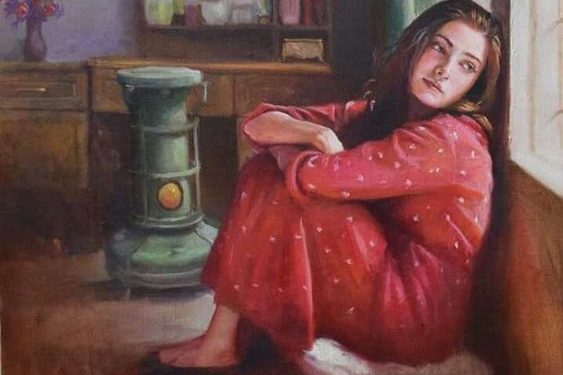19 July, Rojava Revolution: The Women’s Revolution
As the anniversary of the Rojava Revolution is approaching, I think that it will be necessary to draw attention to how women are portrayed during and after the Syrian regime, and where women are placed in society.
First of all, the Rojava Revolution is called ‘Women’s Revolution’. In the Rojava Revolution, women had a defining role socially, politically and militarily.
During the Assad regime, as in any state, women did not have a social identity. It was very rare to give women status in economy, education and politics. It was common for women to be discriminated against by class caste, ethnicity and by their economic status. Especially if you are a Kurdish woman, not even ignored sincerely. In other words, what you would experience being a woman, especially a Kurdish one, during the Syrian regime was an immense hardship in every arena of your life.
These women who were ignored during the Assad era would create a revolution with their bare hands. Blind, deaf and dumb, the women of the regime were going to create a new life with the revolution.
Of course, the regime was not the only source of pressure. Family pressure also took a heavy toll, another reason why women were trapped between the four walls they were prisoners of. “It is shameful,” they said. “Society wouldn’t accept it, they would gossip,” and then, they continued the oppression.
She would live in that house. If they tried to imprison women in houses with such thoughts, they would fight for the revolution that would destroy those walls and put their lives out.
The Assad regime in the region where the Kurds live in all kinds of assimilating and extermination policies, the Kurds in all Arab populated regions, were forbidden from planting trees. There was a certain limit to the crops that they could plant on their land, drawing limits on production.
It has narrowed the living space of women considerably. Child Brides, who were married at the age of 14, was one of the biggest violations of women in the Syrian regime. These marriages, which can be regarded as marriages of rape, were quite normal and normalized in the Syrian regime. It became even a culture. Women were faced with great abuse, both physically and spiritually: they had become a part of society as a mentality.
One of the most frequent events in the Syrian regime is the torture of women in dungeons. Women were left stranded in dungeons at home, and the regime created dungeons for women outside. The tortures which were committed in the dungeon freeze the mind. The women hanging from the ceiling by their feet remained like that for hours. They had bags tied over their heads, whilst the torturers waited for dirty thoughts to flow out. They were kept in the dark in tiny cells for days.
Women who remained in the dungeons and have had to live under the regime tell of a girl, who had been raped by 9 men. All 9 of these men were officers of the regime. These men walked free, without a single worry whilst the little girl who was in critical condition for days lost her life after a hard battle. Social and political abuse of women and children continued, married or not.
The women who witnessed these during the regime would face ISIS barbarism and they would defeat the struggle and write history. Arin, Viyan, Berçem, Nuda and many others would transform their struggle against will and war to a revolution in order to have a new life, a free future.
Written in this epic revolution, a new life is now being written by the pen of the woman. There are a lot of studies, but in general, the women’s village created by the labour, the Jinwar women’s village, collective women’s workplaces, Jineology and training studies in addition to self-defence, shooting, are few examples of the saga of this revolution.
In many centres, with natural medicine production, women are provided with job opportunities, women’s assemblies are established, they take their self-defence, form the security of the city and even form their own army, the YPJ.
Women have taken place everywhere, revolution is hidden in their own labour and sweat, and they fulfil their leading roles. In all areas existing in Rojava, women act as pioneers.
The women’s revolution is spreading all over the world, and women often visit Rojava to carry the revolution to their own country. Under the leadership of women from Kurdistan, the emerging wave of revolution is releasing the seeds of the goddess country. With the warmth of the revolution and the power of the free women’s ideology created by Peoples’ Leader Abdullah Öcalan, a single slogan is circulating in the mouth of these women: ‘Jin, Jiyan, Azadi!’
Axin Mahir Dicle




